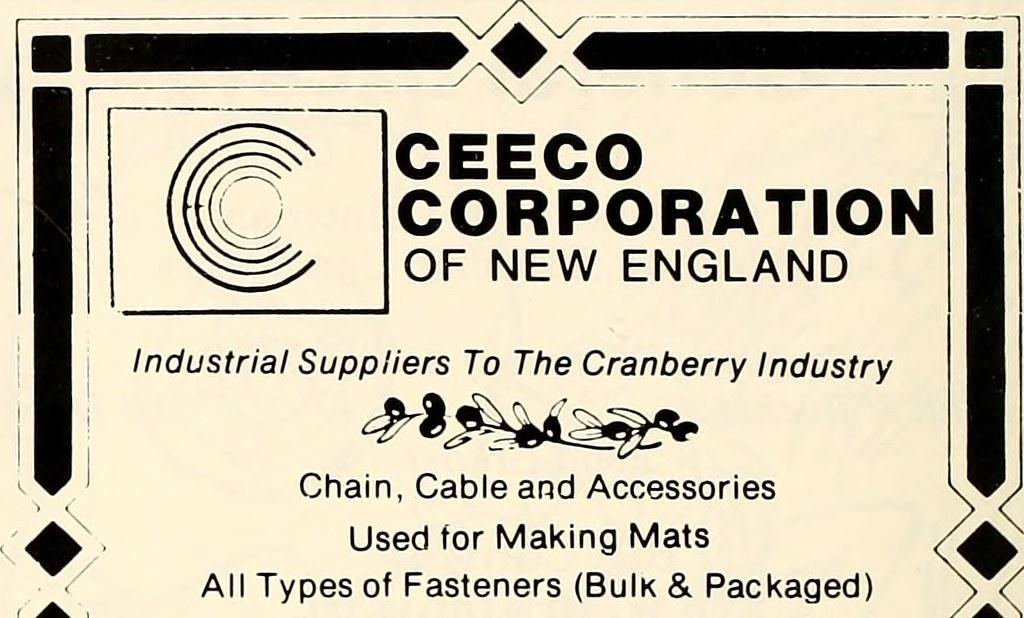Step into the world of culinary expertise and responsibility with the key to unlocking a realm of safe and hygienic food practices – food handler certification. As the gateway to ensuring the well-being of those who savor your creations, this certification not only elevates your skills but also signifies your dedication to maintaining the highest standards in the kitchen. Join us on a journey where knowledge meets compliance, and embark on a path where culinary passion converges with food safety in the most delectable way possible.
Table of Contents
- <a href="#understanding-the-importance-of-food-handler-certification”>Understanding the Importance of Food Handler Certification
- Key Benefits of Obtaining Food Handler Certification
- Choosing the Right Food Handler Certification Program
- <a href="#tips-for-successfully-completing-your-food-handler-certification”>Tips for Successfully Completing Your Food Handler Certification
- Q&A
- In Conclusion


Understanding the Importance of Food Handler Certification
Food handler certification equips individuals with the knowledge and skills necessary to ensure the safe handling of food. By obtaining this certification, professionals in the food industry demonstrate their commitment to upholding the highest standards of food safety and hygiene. This training covers various crucial topics such as proper food storage, contamination prevention, and hygiene practices, all essential for maintaining a sanitary food service environment.
Moreover, holding a food handler certification not only benefits the individuals themselves but also enhances the overall reputation of the establishments they work for. Customers value knowing that the food they consume is prepared and handled by certified professionals who prioritize food safety. In a competitive industry where trust and quality are paramount, having certified food handlers on staff can set a business apart and build customer loyalty. It’s a win-win situation for both employees and establishments seeking to maintain exceptional standards in food safety practices.

Key Benefits of Obtaining Food Handler Certification
Obtaining food handler certification opens up a world of opportunities for individuals looking to excel in the culinary industry. By gaining this certification, you not only enhance your knowledge of food safety protocols but also prove your commitment to professionalism in the workplace. This credential equips you with the skills needed to handle food safely, reducing the risk of contamination and ensuring customer satisfaction.
With food handler certification, you gain a competitive edge in the job market, increasing your chances of securing employment in various food-related establishments. Whether you aspire to work in restaurants, catering services, or food production facilities, this certification paves the way for a successful career in the food industry. In addition, by staying up-to-date with the latest food safety standards, you demonstrate your dedication to excellence and stand out as a reliable and trustworthy professional.


Choosing the Right Food Handler Certification Program
When embarking on the journey of selecting the ideal food handler certification program, consider a curriculum that not only meets industry standards but also resonates with your learning style. **Look for a program that offers interactive modules**, engaging videos, and real-life scenarios to enhance your understanding of food safety protocols. Your certification should equip you with the knowledge and skills needed to excel in the food service industry.
Moreover, prioritize programs that provide flexible learning options, such as self-paced courses or live webinars, allowing you to balance your professional commitments with your educational pursuits. Ensuring that the certification is accredited by relevant authorities will add credibility to your credentials and boost your career prospects in the culinary world. Remember, the right certification can be the key to unlocking exciting opportunities in the food industry.
| Key Features | Benefits |
|---|---|
| Interactive Modules | Enhanced Understanding |
| Flexible Learning Options | Convenient Study Schedule |
| Accreditation | Enhanced Credibility |


Tips for Successfully Completing Your Food Handler Certification
So, you’ve decided to pursue your food handler certification – congratulations on taking this important step towards ensuring food safety and quality! To help you navigate this process smoothly, here are some valuable tips to enhance your success:
- Study Strategically: Focus on key areas like foodborne illnesses, proper hygiene practices, and temperature control to ace your exam.
- Practice Makes Perfect: Test your knowledge with online quizzes and practice exams to boost your confidence.
- Stay Updated: Familiarize yourself with the latest food safety regulations and guidelines to stay informed.
Remember, obtaining your food handler certification is not just a requirement but a commitment to upholding standards that protect consumer health. By following these tips and staying diligent in your studies, you’ll be well-prepared to excel in your certification journey!
Q&A
Q: What is a food handler certification, and why is it important?
A: A food handler certification is a credential obtained by individuals who work in the food service industry. It signifies that the holder has completed training on essential food safety practices to prevent foodborne illnesses. This certification is crucial as it ensures that food handlers have the knowledge and skills to maintain a safe and sanitary food environment for consumers.
Q: Who needs to obtain a food handler certification?
A: Anyone who works in the food service industry, including chefs, cooks, servers, and bartenders, may be required to obtain a food handler certification depending on local regulations. Even individuals working in food trucks or temporary food events may need this certification to demonstrate their commitment to food safety.
Q: How can one obtain a food handler certification?
A: To obtain a food handler certification, individuals typically need to complete a training course approved by local health departments or regulatory agencies. These courses cover topics such as proper food handling techniques, personal hygiene, cross-contamination prevention, and temperature control. After completing the training, individuals usually need to pass an exam to receive their certification.
Q: What are the benefits of having a food handler certification?
A: Having a food handler certification not only demonstrates a commitment to food safety but also improves job prospects in the food service industry. Employers prefer hiring certified individuals as they can trust them to handle food safely, reducing the risk of foodborne illnesses and ensuring compliance with health regulations. Additionally, holding a certification may lead to higher wages and career advancement opportunities.
Q: How long is a food handler certification valid?
A: The validity of a food handler certification varies depending on the jurisdiction. In some places, certifications are valid for one to three years, after which individuals may need to renew their certification by completing a refresher course or passing a recertification exam. It is essential for food handlers to stay up-to-date on their certification to continue practicing safe food handling practices.
In Conclusion
As you embark on your journey towards becoming a certified food handler, remember that knowledge is your sharpest tool in the kitchen. By equipping yourself with the necessary skills and certifications, you not only ensure the safety of those you feed but also open doors to endless culinary opportunities. So, let your passion for food drive you, your commitment to hygiene guide you, and your certification empower you in creating culinary wonders. Here’s to a future filled with delicious dishes, safe practices, and a world of flavors waiting to be explored. Bon appétit!




0 Comments